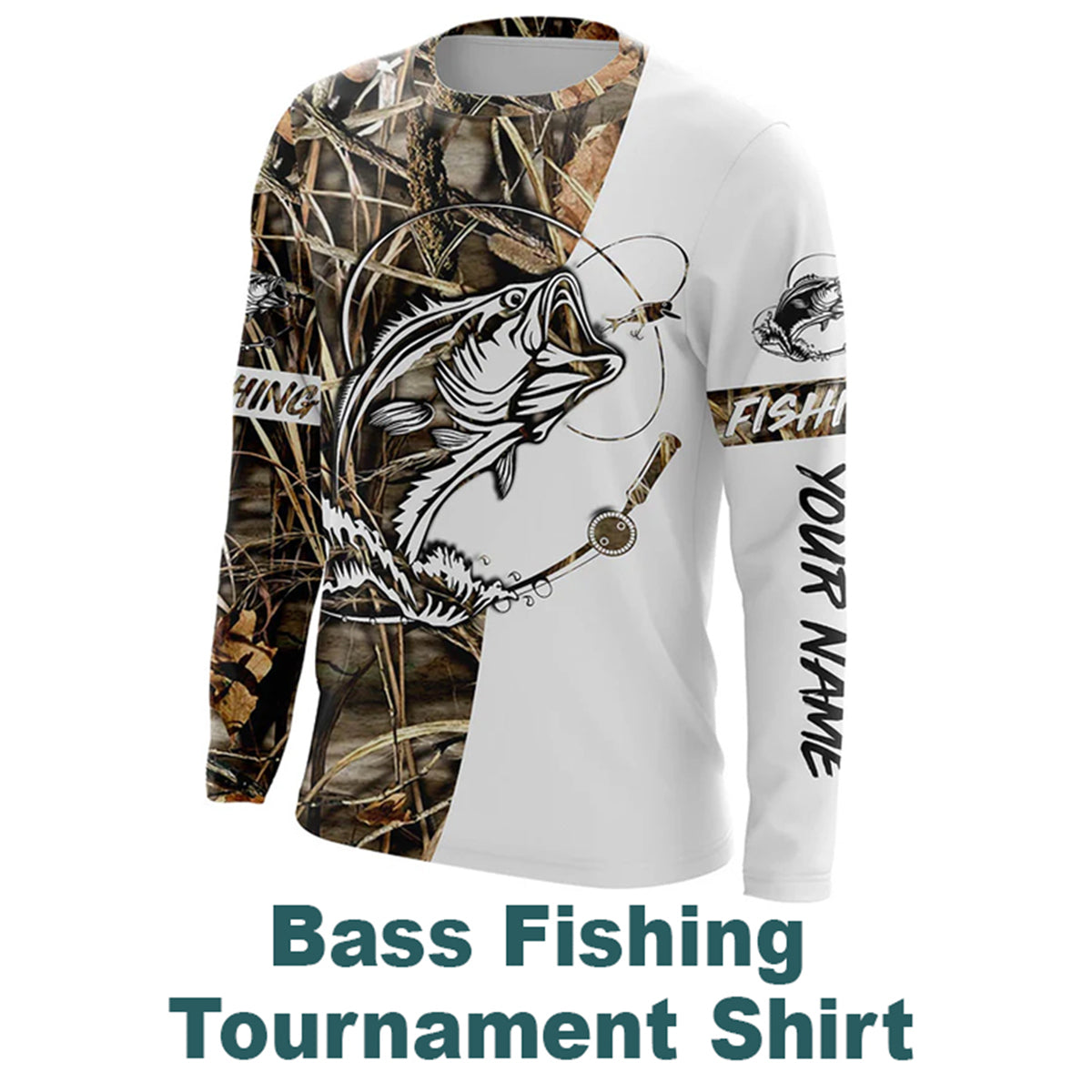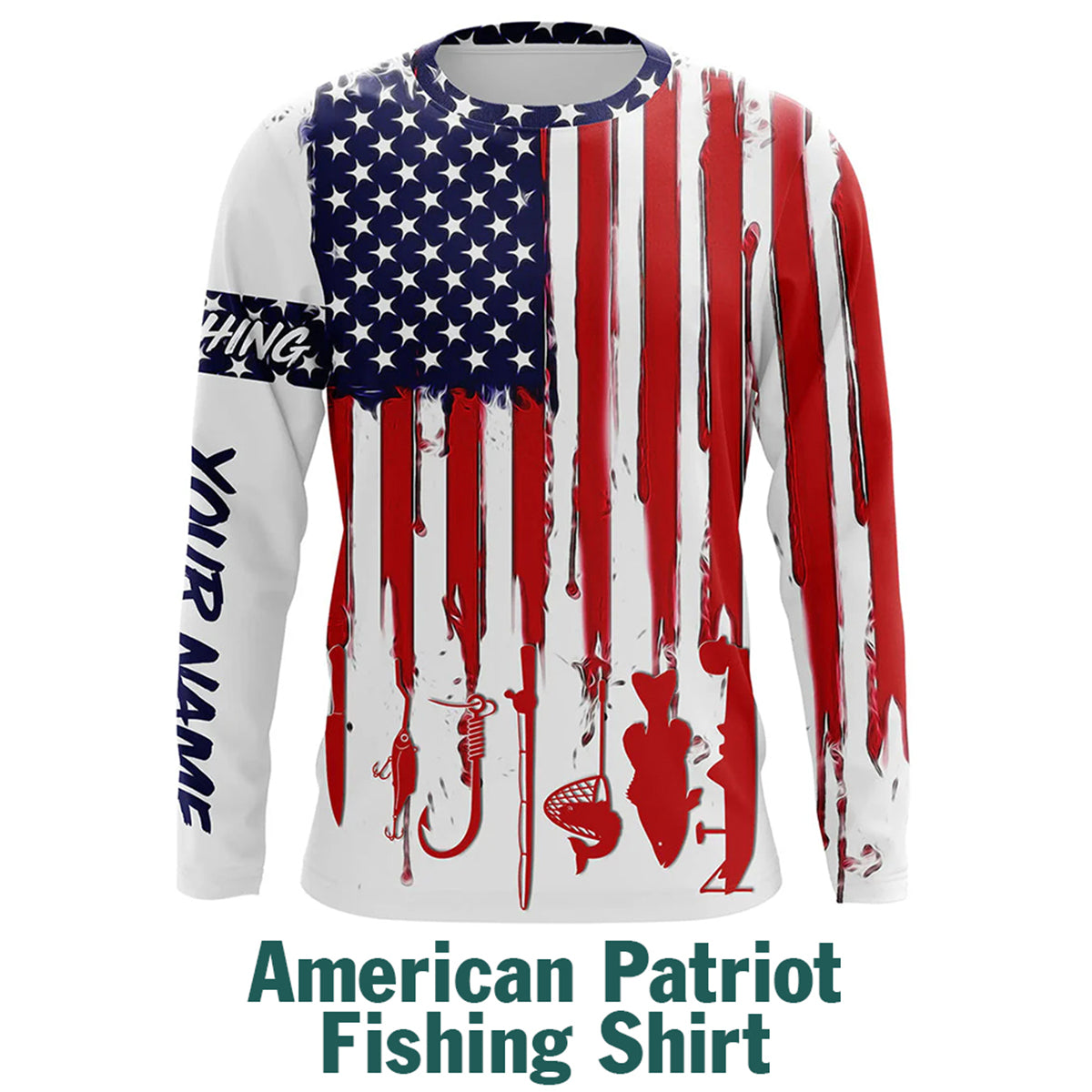Saltwater Fishing Tips For Beginners
If you are close to the coastal area, saltwater fishing is a relaxing activity you should experience. Our oceans provide a great deal of exciting opportunities for new anglers looking to get started fishing. The truth is, the ocean and the fishes within it are different from those you find in freshwater areas, there are other rigs, sinkers, and skills to know. So before heading out and do saltwater fishing successfully, take some time to learn about its details first. Regardless you’re a freshwater fishman transitioning into saltwater fishing or you’re just starting with saltwater. Hopefully these Saltwater Fishing Tips will help you on your journey to become a better saltwater fishman.
1. Choose the types of fish you will catch
There are numerous types of fish to choose from when it comes to saltwater fishing. Defining the fish that you might want to catch helps save your time on the water. On the top of that, opting a certain species give you the hint of where you plan to angling. Some people like to go and try to catch sharks, which means they will angle offshore and catch other specific fish. But for others like inshore fishing, some major inshore fish that we target include redfish, trout and flounder. Each one of those fish individually have different traits. So learning the distinct marks of the specific types of fish you plan to catch is really important.
2. Prepare Fishing Gear
A lot of fishing gear is very specific and it’s all about your personal preference. Whether you are on the east coast and you are targeting striped bass, small tarpon and snooks, or you are on the west coast fishing for inshore sea basses, surf perch or halibut, the right fishing rod and reel are key. An ideal fishing rod for new anglers is a 7-foot medium heavy rod with a 3000 size reel and 10-30 lb test. A little bit heavier line is sometimes needed for larger fish in saltwater, and provides saltwater fishing newbies a little extra help. For the bait, a gold metal spoon is your go-to lure. Make sure you invest several of these and some soft plastic jigs in case of a line break.

3. Right Spot, Right Time
There's no point if you do not choose the right place and the proper point of time before heading out fishing on the ocean, no matter how perfect your fishing gear is. Several elements need to be taken into consideration are water temperature, tides, moon phases because it has an affect on the tide movement. Key tips are that before the full moon is the ideal point of time to do saltwater fishing and colder months are the better time. Because fish tend to be lethargic under cold temperatures. Keeping yourself updated with the weather is crucial to locate where in the sea fishes are going to gather.
In short, learning weather conditions is essential when it comes to defining target fish and how to catch more fish in saltwater. The weather has a huge impact on where the fish are going to be, when they are going to bite.
Another key tip is to learn habitats and food sources fish prefer. Some species prefer to gather in high action wave zones of beaches, while others are commonly found in mangroves or salt marshes.
So, Reaching the beach at the wrong time and wrong spot might drive you nowhere apart from an empty fish basket and even this makes you frustrated for the next angling trip.
4. Learn Saltwater Fishing Techniques
Being popular for ages, techniques and experiences of Saltwater Fishing have been passed and developed so far.
Spearfishing can be performed both on-land and underwater while snorkelling or scuba diving. However, some people tend to choose this method while freediving. This technique requires you to hold the breath while diving and attempt to impale or puncture a fish by throwing a spear by hand.
Hand-gathering is a fishing technique that does not require any equipment. Here, you simply use your hands to catch a variety of fishes. This method works out during low tide since the waves are not rolling in.
Cast-net fishing is one of the most efficient fishing techniques to catch small or medium-sized fishes. This involves throwing a cast net over the water, which will open and land over a huge area. It is also one of the most sustainable techniques because it does not damage the area.

5. Sustainable Saltwater Fishing
In the context that there are more and more people around the world engaging in fishing. It’s become more urgent than ever to reserve ocean resources as well as keep proper fishing etiquette when on or near the water. We can help ensure good fishing for generations to come and safe fishing experiences by caring for the ocean environment and others in there. After all, respect for nature and for other anglers is what fishing is all about.
Hope these saltwater fishing tips will help you get a successful angling trip. You can wear fishing shirts here on your trips, from that, you will find delight that goes well beyond catching fish and not only the time on the sea with your buddies but the real connection to the wild.


